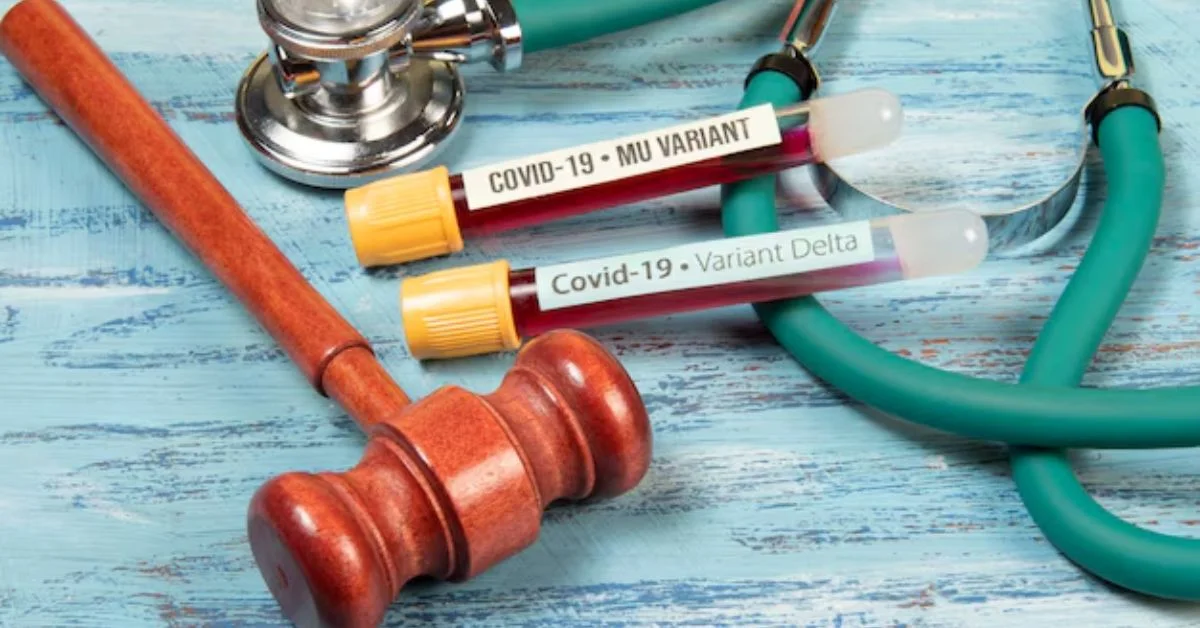Medical negligence can have a profound impact on a patient’s health and wellbeing. If you’ve suffered harm due to substandard care provided by the NHS (National Health Service), you may be entitled to compensation. While pursuing a medical negligence claim may seem daunting, understanding the process can help you navigate it effectively.
This blog outlines the steps involved in making a medical negligence claim against the NHS, ensuring you’re well-prepared for the journey ahead.
Step 1: Determine Whether You Have Grounds for a Claim
To make a medical negligence claim, you must demonstrate two key factors:
- Breach of Duty of Care: The NHS owes all patients a duty to provide care that meets reasonable professional standards. If this standard was not met, it could be deemed negligent.
- Causation: You must prove that the breach directly caused harm or worsened your condition. This harm may include physical injuries, mental distress, or financial loss.
Common examples of medical negligence include:
- Misdiagnosis or delayed diagnosis.
- Surgical errors.
- Medication mistakes.
- Poor aftercare.
- Infections contracted in hospitals due to lack of hygiene.
Step 2: Act Quickly – Time Limits for Claims
In England and Wales, the time limit to start a medical negligence claim is typically three years from the date of the incident or when you first realized the harm was caused by negligence.
Exceptions to this rule include:
- Children: If the injured party is under 18, the three-year limit begins on their 18th birthday.
- Mental Incapacity: If the person is mentally incapacitated, the time limit may be extended indefinitely until they regain capacity.
Step 3: Gather Evidence
Evidence is crucial to building a strong case. Start by documenting everything related to your claim, including:
- Medical Records: Obtain a copy of your medical records from the NHS using a Subject Access Request under the UK’s Data Protection Act.
- Diary of Events: Keep a detailed account of the events leading to the incident, including dates, names of healthcare providers, and the treatments received.
- Financial Losses: Document any out-of-pocket expenses incurred due to the negligence, such as travel costs, lost earnings, or private medical care.
- Witness Statements: Gather testimonies from family, friends, or others who can support your account of the incident.
Step 4: Seek Legal Advice
Medical negligence cases are complex, so it’s highly recommended to seek advice from a solicitor specializing in this area.
- Choosing a Specialist: Look for solicitors with experience in handling NHS claims. Many offer a free initial consultation to assess your case.
- No Win, No Fee Agreements**: Most medical negligence claims are funded through Conditional Fee Agreements (CFAs), commonly known as “No Win, No Fee.” This means you won’t pay legal fees if your claim is unsuccessful.
Step 5: Notify the NHS and Begin the Claims Process
Your solicitor will notify the NHS of your intention to make a claim. This is done through a Letter of Claim, which outlines the allegations of negligence and provides supporting evidence.
The NHS typically responds within four months, stating whether they accept or deny liability.
- Admission of Liability: If the NHS admits fault, the process may move to negotiating a settlement.
- Denial of Liability: If the NHS denies the claim, further investigations or court proceedings may be required.
Step 6: Obtain Expert Medical Opinions
Independent medical experts are often brought in to strengthen your case. They will:
- Review your medical records.
- Assess the treatment you received.
- Provide a professional opinion on whether the care was negligent.
Their testimony can be critical in proving both the breach of duty and causation.
Step 7: Negotiating a Settlement
If liability is accepted, your solicitor will negotiate a settlement with the NHS’s legal representatives. Compensation is calculated based on:
- General Damages: Compensation for pain, suffering, and loss of amenity (e.g., inability to perform everyday activities).
- Special Damages: Reimbursement for financial losses and expenses, such as medical bills, lost wages, and travel costs.
Most claims are resolved out of court, but if an agreement cannot be reached, the case may proceed to trial.
Step 8: Court Proceedings (If Necessary)
If your claim goes to court, your solicitor will guide you through the process. While court cases are rare (the vast majority of NHS claims settle before trial), they can happen in more complex disputes.
- The Court’s Role: The court will assess the evidence and determine whether negligence occurred.
- Outcome: If the court rules in your favor, they will decide the amount of compensation you’re entitled to.
Step 9: Receive Compensation
Once a settlement is reached or a court judgment is made, you’ll receive your compensation. This can help cover medical expenses, lost income, and any ongoing care needs.
Additional Resources and Support
Taking legal action against the NHS can be emotionally challenging, so it’s essential to have the right support in place:
- Medical Negligence Charities: Organizations like AvMA (Action against Medical Accidents) offer guidance and support to those affected by medical negligence.
- Complaints Procedure: If you’re dissatisfied with the care received but don’t wish to pursue legal action, you can file a complaint through the NHS Complaints Procedure.
Conclusion
Making a medical negligence claim against the NHS is a multi-step process that requires time, effort, and professional guidance. By gathering evidence, seeking expert advice, and following the legal steps outlined above, you can increase your chances of a successful claim.
If you’ve suffered due to substandard care, remember that compensation is not just about financial recovery—it’s also about accountability and ensuring better care for future patients. With the help of a qualified solicitor, you can navigate the process confidently and achieve justice.
If you find this article helpful, click here for more.









